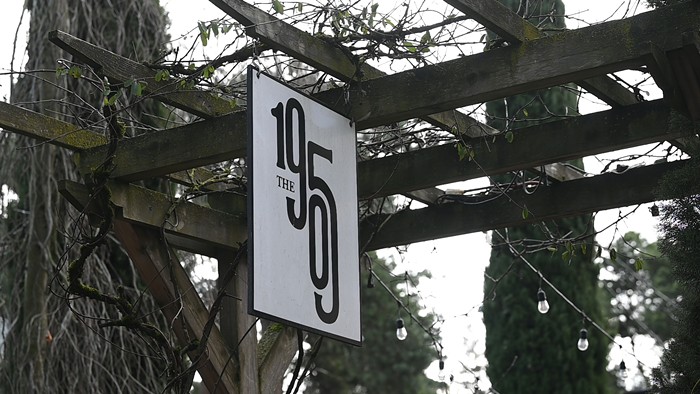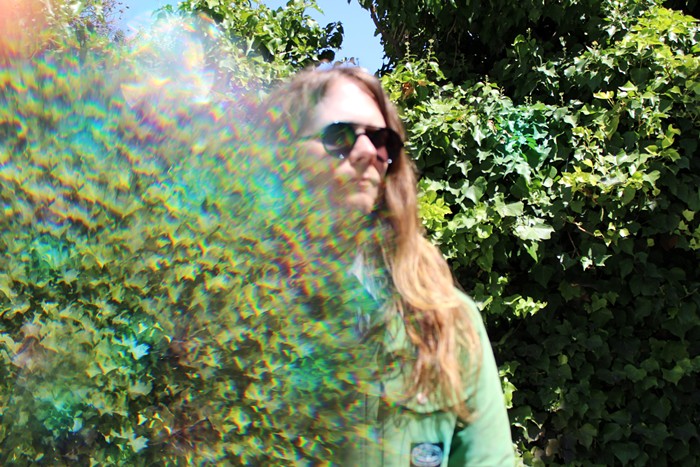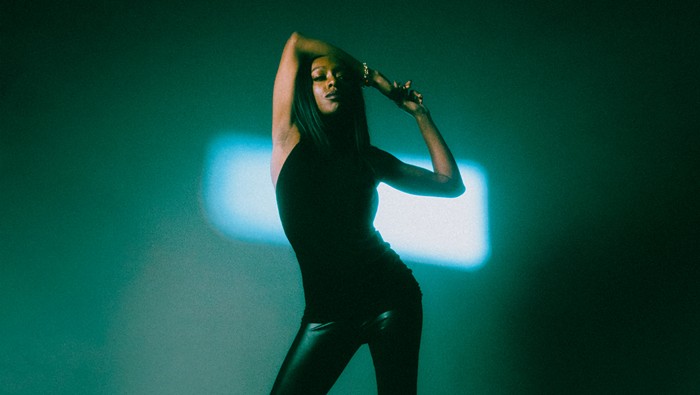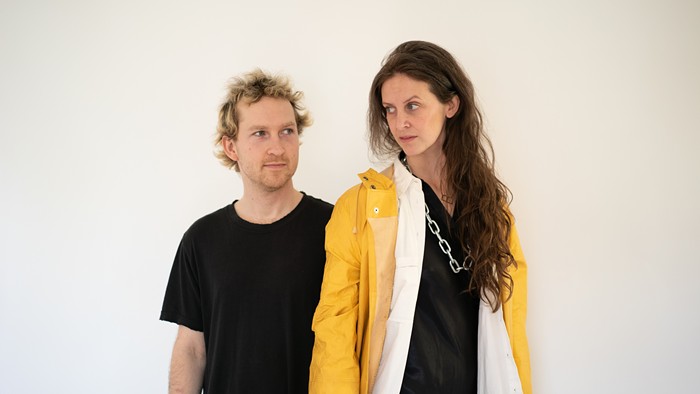Classical music isn’t a genre with terribly deep roots in DIY culture. Composers old and new rely on wealthy benefactors and grants to fund their work, and putting on a concert or festival usually requires a fair amount of institutional support from foundations, donors, or sponsors.
That’s just one reason why the upcoming Spontaneous Combustion New Music Festival is such a standout on this year’s classical music calendar: The entire event was conceived, booked, organized, and funded by one person, musician/composer Scott Anthony Shell.
A bookkeeper by day, Shell has been pouring all of his time and rapidly dwindling spare cash into bringing a gaggle of artists—including New York’s Sandbox Percussion and Boston-based ensemble Hub New Music, who specialize in contemporary classical—to the West Coast to perform.
“There are grants for this sort of thing, but they are very limited and require you to have a track record of one to three years,” Shell says. “So, basically, I’m having to fund it with what little funds I have, working full-time. My partner is chipping in, too. I’m hoping that we’ll get enough ticket sales to pay everybody that we need to pay.”
Getting people to show up for events like this is one of the reasons Shell undertook this quixotic task. After many years of writing and performing in avant-rock ensembles (including a group that toured with outsider artist extraordinaire Wesley Willis), the former Chicagoan committed himself to modern composition and started attending new music festivals around the US, where he noticed a dismaying trend.
“There just weren’t a lot of people in the audience,” Shell remembers. “It was mostly the musicians themselves or the composers. As I was listening to this music, I started to think, ‘What’s a good angle to go about sharing the music and trying to build an audience for it?’”
His solution is ambitious: essentially a traveling roadshow of seven contemporary classical ensembles and performers playing 10 different cities in Washington, Oregon, and California. To sweeten the deal for his potential audience, he planned to fill the bill with players from the East Coast who rarely, if ever, do shows in this part of the country.
As sometimes happens with lofty objectives, Shell had to scale back his dream considerably. After a funding source fell through, he was only able to afford to set up seven concerts for Portland and Seattle, and only three in Eugene. The rest of the events will now be single concerts featuring one artist.
The good news is that he couldn’t have found a better and more game performer to take on the full 10-day affair than cellist Ashley Bathgate. Originally from New York State and now residing in the Big Apple, the young musician is a member of the renowned ensemble Bang on a Can All-Stars and often plays solo, utilizing a laptop and loop pedals to adapt more complex pieces for a single instrument.
“I’m used to going to a city, doing one concert, and maybe another, and then going home,” Bathgate says of her participation in the inaugural SCNMF. “I like the idea of performing every day in this kind of road trip tour. And I love that all the spaces are not typical concert venues. There’s churches and halls you can rent out. Neither Scott nor I know what they’re going to be like, so I’m coming with a few different programs to adapt to some of the spaces.”
For her Portland appearance on February 2, Bathgate will use the full range of technology at her disposal. The program includes an adaptation of Steve Reich’s Cello Counterpoint, which features a live player adding short staccato phrases over the top of a prerecorded string section, and Martin Bresnick’s Parisot, a triumphant work for 12 cellos that she’ll bring to life with the assistance of her laptop.
The rest of the concerts for the festival’s Portland stop will be equally audacious, with performers tackling modern works from composers such as Lou Harrison, György Ligeti, and Laura Kaminsky. It’s exactly the mix of forward-thinking sounds and ideas that Shell was hoping to bring to these events, even if he can’t do all the shows he’d originally planned.
“I wanted everyone to play music they were comfortable with and do what they do, rather than impose upon them, ‘You have to play these composers,’” he says. “I did encourage them to program a piece from somebody that was well-known. Certain composers bring out an audience. But I also think that because this is something new and exciting, it will be attractive all on its own.”


















